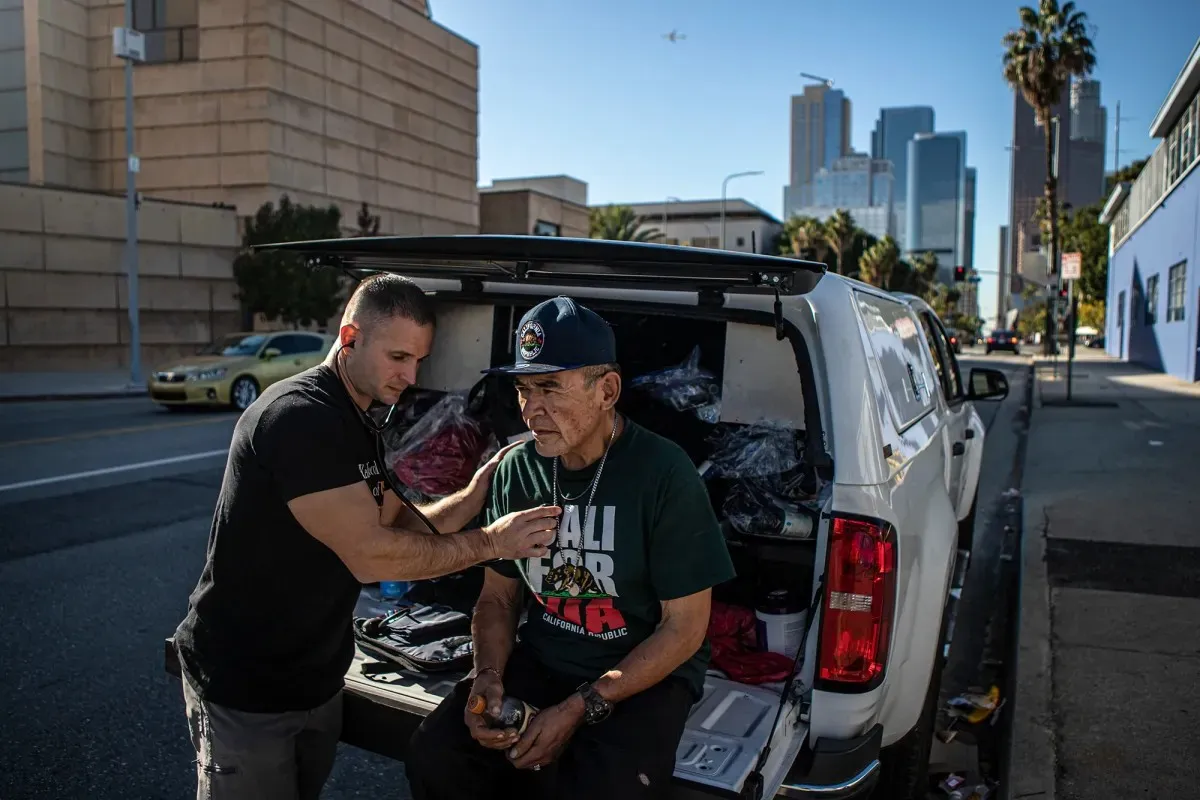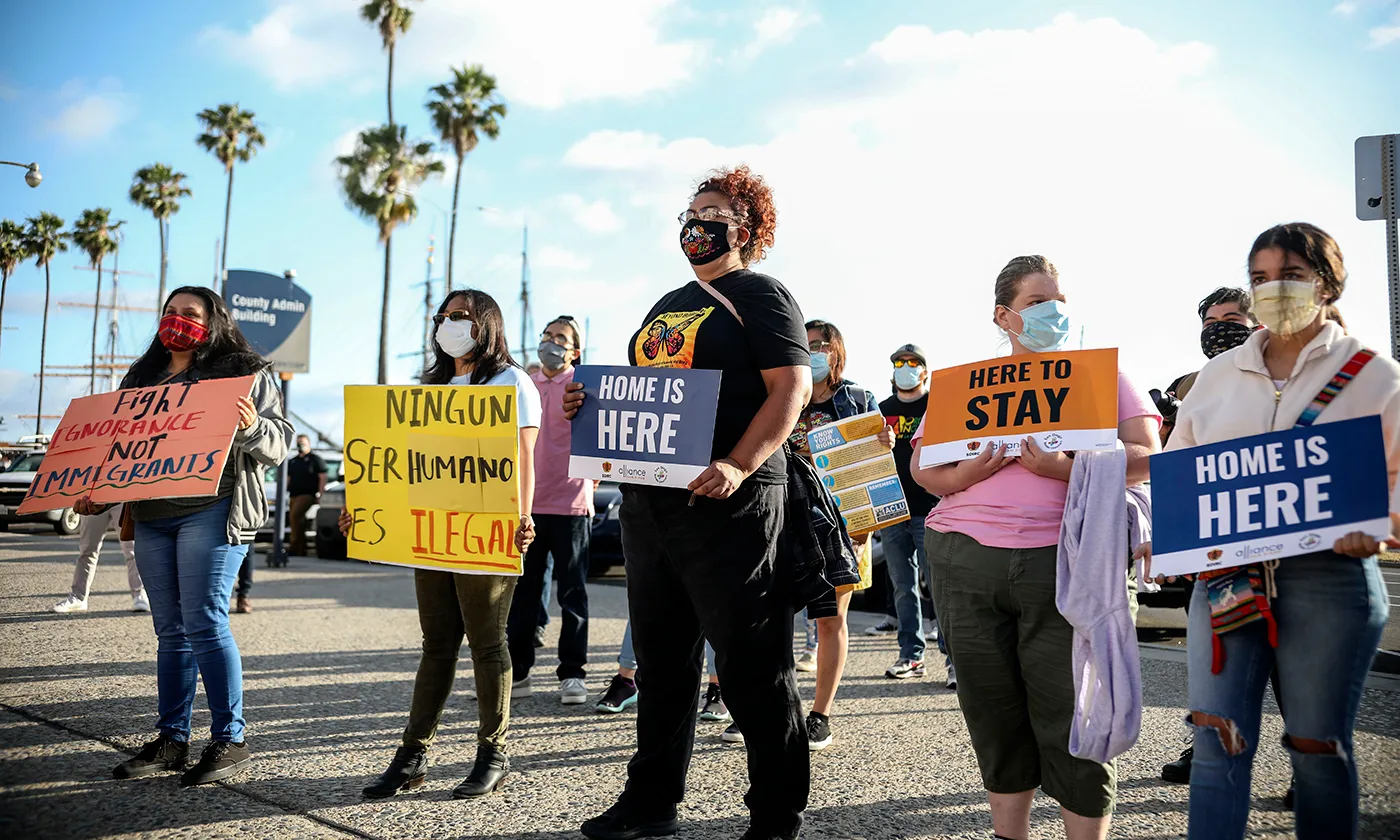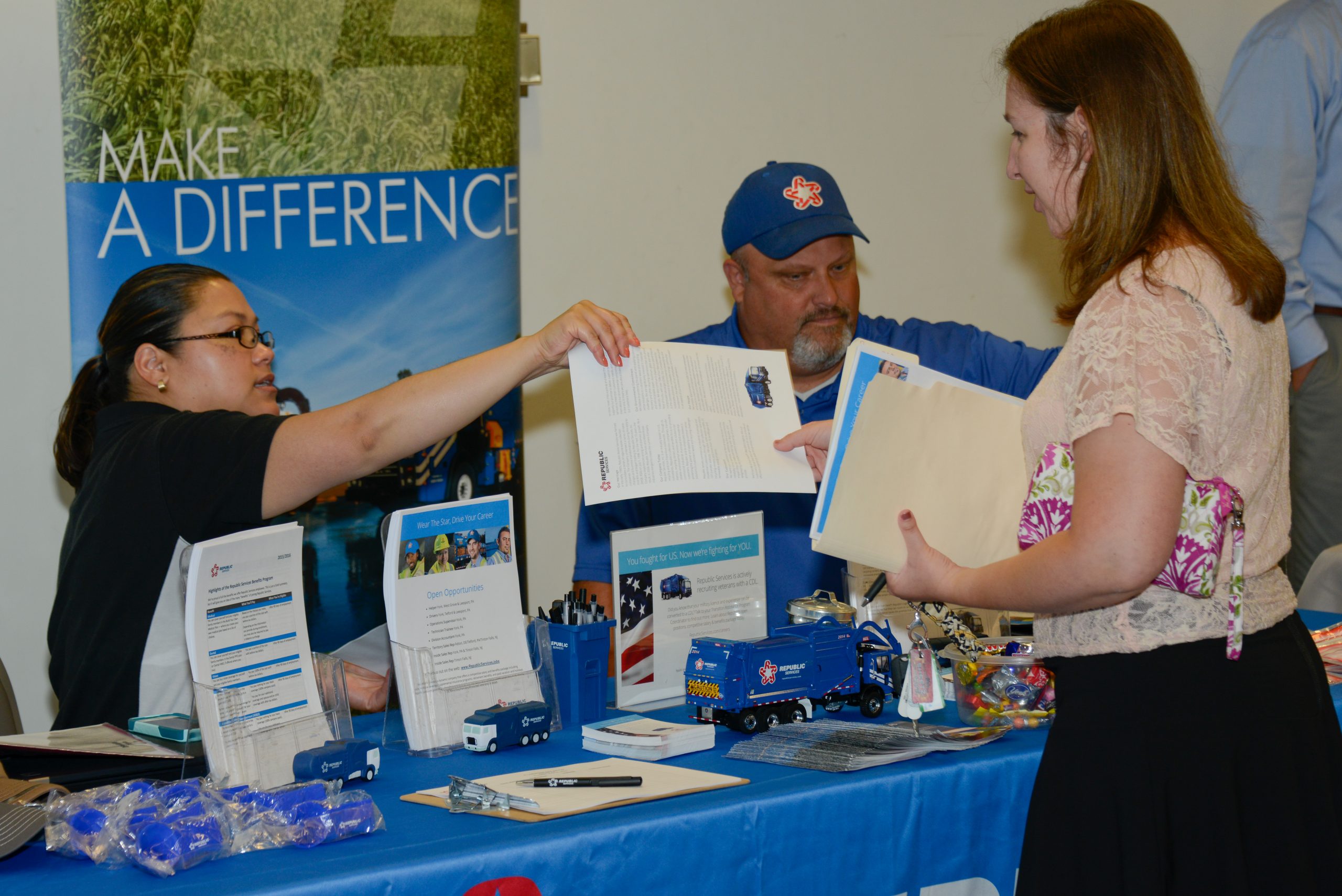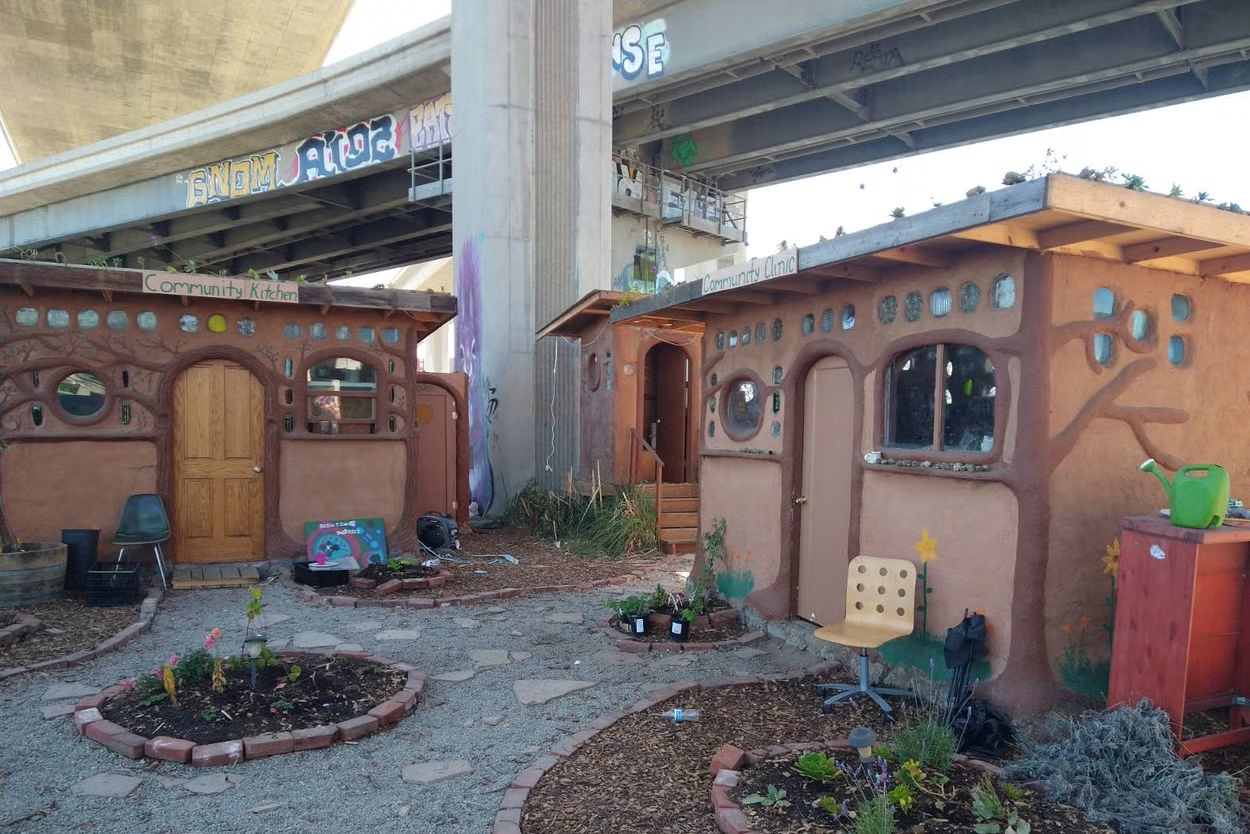DISCOVER
Housing instability is an increasingly persistent issue. The problem continues because there are more people who enter homelessness each month than people who exit it (source). With a cost of living that is 44% greater than the national average (source), San Diego residents find it increasingly difficult to maintain stable housing. How can we change this trajectory and ensure greater access to safe, healthy and stable homes? The 2024 D4SD challenge focuses on four key areas where interdisciplinary thinking and human-centered design can positively impact the San Diego region. Continue reading below to start your process of discovery and understand the core issues behind the housing crisis. Learn how you can make a big difference through design.
CHALLENGE THEMES
Health
How might we improve the mental and physical health of those experiencing housing insecurity?
Becoming unhoused is not just a housing issue, but a significant health concern. People living on the streets have an average life expectancy that is 17.5 years shorter (source) than the general population. In California alone, 42% of unhoused individuals report having a disabling condition, whether physical or mental (source). Not only does unstable housing take years away from one’s life, but it’s also a hard way to live—especially when dealing with additional health issues. Innovative solutions, such as mobile health vans and Narcan vending machines for overdoses, have helped target specific problems around health and homelessness, but more work needs to be done.


Awareness
How might we encourage the public to have greater empathy and take action on housing?
Public attitudes significantly influence how people experiencing housing insecurity are treated every day (source). When misinformation is persistent, it becomes challenging to provide support to people enduring such a difficult situation. In one survey, over 70% of San Diego residents inaccurately named addiction and substance abuse as the primary cause of homelessness (source) instead of high costs and financial instability (source). Even with accurate information, many residents and city council members do not support solutions such as affordable housing (source). To effectively address the root causes of homelessness and improve the experience of navigating housing, we need avenues for the public to reframe their understanding and response to these issues.
Upward Mobility
How might we design pathways that empower individuals seeking employment and ultimately, housing stability?
Achieving upward mobility is a significant challenge for individuals experiencing housing insecurity, often hindered by systematic barriers such as lack of identifying documentation, education, employment opportunities, and stable housing. In 2022, for every 10 people exiting homelessness, another 13 lost their home, primarily due to unemployment or financial difficulties (source, source). Additionally, renters who involuntarily lose their homes are 11% to 22% more likely to also lose their jobs, implying an intricate connection between loss of housing with unemployment (source). Providing access to job training, educational programs, and affordable housing solutions is essential to fostering long-term stability and creating pathways for upward mobility.


Placemaking
How might we design safe and accessible places that create a sense of belonging and community?
Addressing the housing crisis means more than just providing a roof over someone’s head; it’s about building a place where people feel safe and have a sense of belonging. Without community, housing insecurity often exacerbates feelings of isolation. Findings from a study stated, “providing stable and safe housing is a foundational step in alleviating loneliness” (source). The overall well-being of an individual is interwoven with living in stable housing and having a sense of community. While there have been many efforts to provide physical housing, less thinking has gone into making housing that creates communities. For example, housing communities could incorporate social infrastructure such as libraries and gardens that contribute to social cohesion (source).
MORE RESOURCES ON HOUSING
The D4SD team has collected a series of resources to help you and your team ways to approach the D4SD challenges and understand the housing issue from diverse perspectives. The links below provide just a sample of the many existing resources designed to address housing challenges in the San Diego region and beyond.
Strategies on Ending Homelessness
County of San Diego, Housing & Community Development Services
Homeless Strategies and Solutions: Services in the San Diego Region
City of San Diego
Fiscal Year 2025 Proposed Budget
City of San Diego
Federal Communications Commission in partnership with San Diego City & County
Homelessness Spikes Again in San Diego County
Lisa Halverstadt, Voice of San Diego
San Diego leaders think these sites could potentially be homeless shelters
San Diego Union Tribune
Homelessness Programs in the San Diego Region
San Diego Housing Commission (SDHC)
2023-102.1 Homelessness in California
California State Auditor
An Evaluation of Humble Design San Diego
Homelessness Hub at UC San Diego






